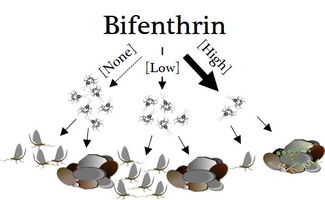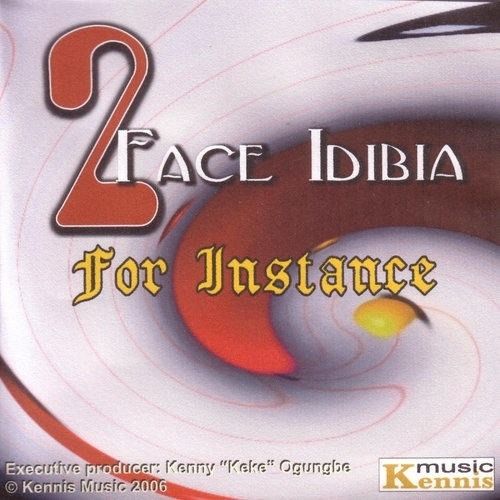
Treatment for Insect Bite: A Comprehensive Guide
Dealing with an insect bite can be an uncomfortable and sometimes painful experience. Whether it’s a mosquito, bee, or spider, these bites can lead to itching, swelling, and redness. In this article, we will delve into the various treatment options available for insect bites, ensuring you are well-informed and equipped to handle these pesky pests effectively.
Understanding the Types of Insect Bites

Before diving into the treatment options, it’s essential to understand the different types of insect bites you might encounter. Here are some common ones:
| Insect | Description |
|---|---|
| Mosquito | Typically causes red, itchy bumps and can transmit diseases like malaria, dengue fever, and Zika virus. |
| Bees | Results in a stinger left behind, causing pain, swelling, and redness. Can lead to anaphylaxis in severe cases. |
| Spiders | Some spider bites, like those from the black widow or brown recluse, can be dangerous and require immediate medical attention. |
Now that we have a basic understanding of the types of insect bites, let’s explore the treatment options available.
Home Remedies for Insect Bites

For mild to moderate insect bites, home remedies can often provide relief. Here are some effective options:
- Ice Pack: Apply an ice pack to the bite area for 10-15 minutes to reduce swelling and numb the pain.
- Hydrocortisone Cream: Apply a small amount of hydrocortisone cream to the bite to reduce itching and inflammation.
- Aloe Vera: Aloe vera has soothing properties that can help alleviate itching and swelling.
- Baking Soda Paste: Mix baking soda with water to create a paste and apply it to the bite area for relief.
- Tea Tree Oil: Known for its antibacterial and antifungal properties, tea tree oil can help reduce inflammation and prevent infection.
Over-the-Counter Medications

For more severe insect bites, over-the-counter medications can provide additional relief:
- Antihistamines: These can help reduce itching and inflammation. Common options include diphenhydramine (Benadryl) and cetirizine (Zyrtec).
- Nonsteroidal Anti-Inflammatory Drugs (NSAIDs): NSAIDs like ibuprofen (Advil) or naproxen (Aleve) can help reduce pain and inflammation.
- Topical Anesthetics: Products like lidocaine or benzocaine can numb the area and provide immediate pain relief.
When to Seek Medical Attention
While most insect bites can be treated at home, there are certain situations where you should seek medical attention:
- Severe Pain: If the pain is intense and not relieved by over-the-counter medications.
- Swelling: If the bite area swells significantly, especially if it’s around the eyes, face, or throat.
- Redness: If the bite area becomes extremely red or develops a rash.
- Fever: If you develop a fever, which could indicate an infection.
- Difficulty Breathing: If you experience difficulty breathing, which could be a sign of anaphylaxis.
In these cases, it’s crucial to seek medical attention promptly to prevent complications.
Preventing Insect Bites
Prevention is always better than cure. Here are some tips to help you avoid insect bites:
- Wear Long-Sleeved Clothing: When in areas with a high risk of insect bites, wearing long sleeves and pants can help protect your skin.







